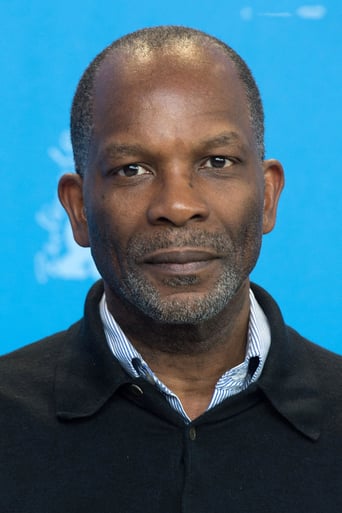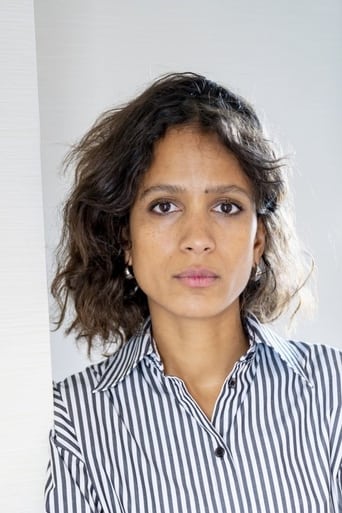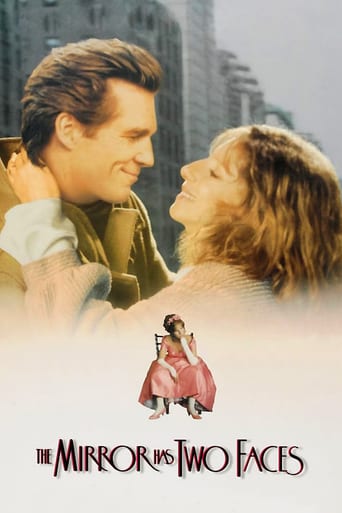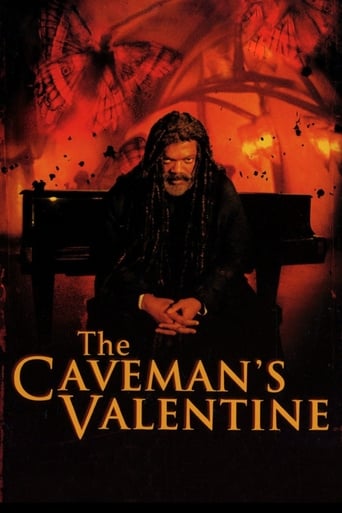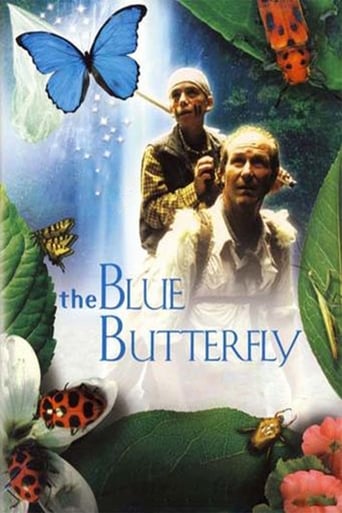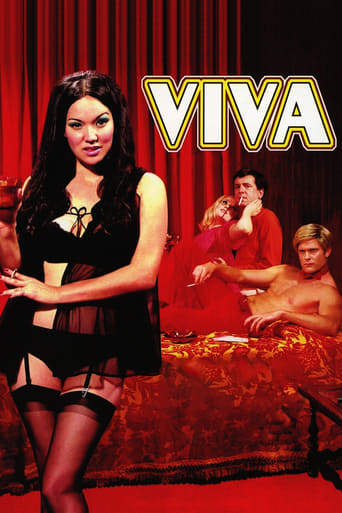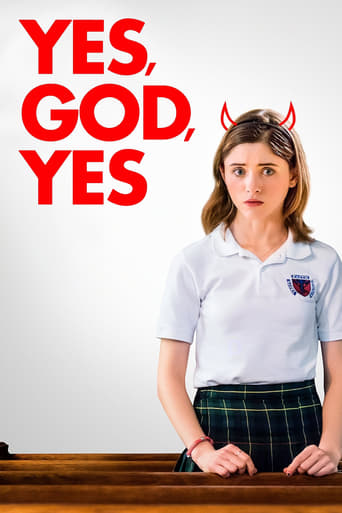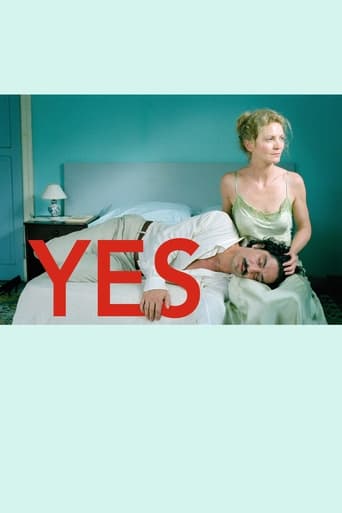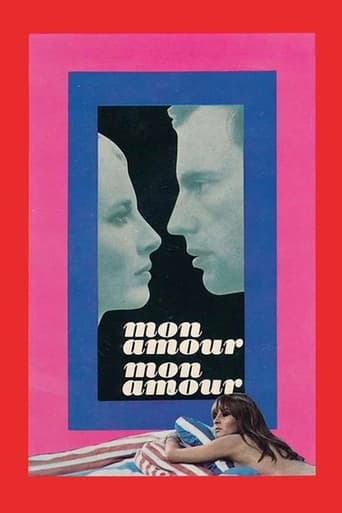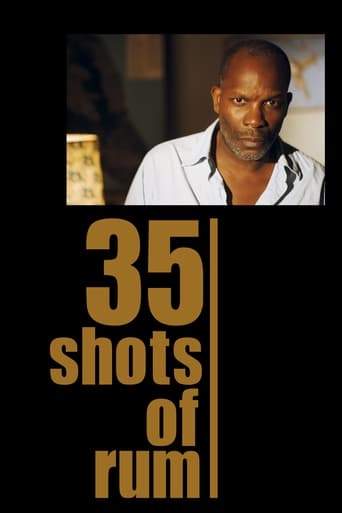
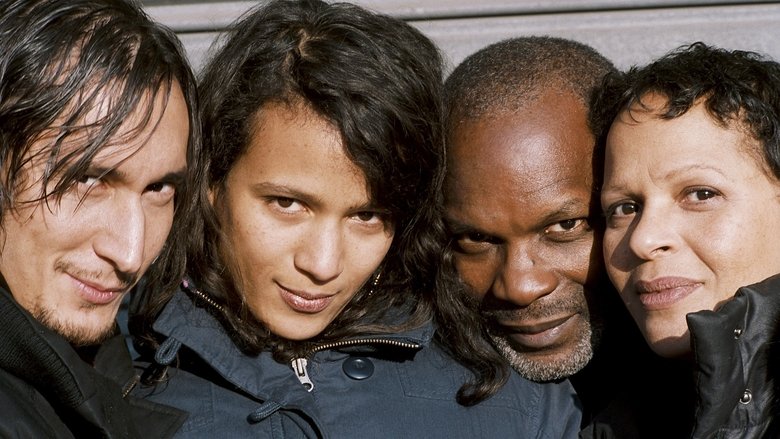
35 Shots of Rum (2009)
A widower and her daughter witness the retirement of a colleague of his and the closing of her department at her university.
Watch Trailer
Cast
Similar titles

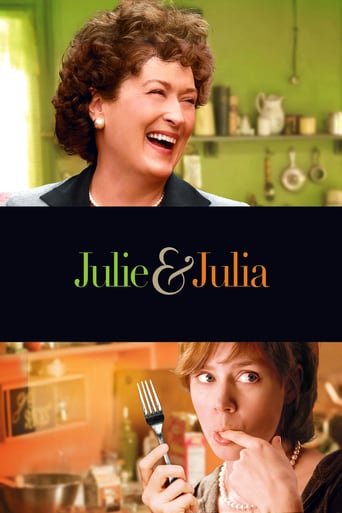
Reviews
Good story, Not enough for a whole film
Fantastic!
Absolutely the worst movie.
It's the kind of movie you'll want to see a second time with someone who hasn't seen it yet, to remember what it was like to watch it for the first time.
Lionel, a Parisian suburban train conductor, lives in a comfortable place with Josephine, his daughter, a university student of social studies. Their lives are examined in this introspective character study by Claire Denis, a director closely associated with the African continent. In this story, she watches a group of railway people, all of them African immigrants from the former French colonies.The focus of the film is the loving relationship between father and daughter and friends. Lionel was married to a German woman, now dead. He has reared Josephine, doing a splendid job. Even though they might not have a lot to say to one another, their love is evident. Noe, a neighbor, clearly likes Josephine. Lionel, who has been a widower for a long time, is interested in Gabrielle, a taxi driver. Nothing much happens in the story, and yet, it has its spell on viewers. One follows these immigrants who have made a life in a foreign land, living productive, if somewhat quiet lives. The atmosphere is positive as Ms. Denis decided to present them in a light which makes the audience care for them. The screenplay, written by Jan-Pol Fargeau and the director, shows their appreciation, and respect for the people being examined in the film.The cast is excellent led by Alex Descas, who plays Lionel with a quiet dignity. Lovely Mati Diop makes justice of her Josephine. Gregoire Colin plays the enigmatic Noe, and Nicole Dogue does an interesting take on Gabrielle. The production was photographed by the distinguished cinematographer Agnes Godard who bathes the film in dark tones since much of the action takes place at night. Tindersticks provide the melodious musical score.
I liked everything about this movie. I liked spending time with these characters, and the performances were spot on. I liked the moody aesthetic of the film, the music (I haven't heard "Nightshift" in YEARS!) and the cinematography fit beautifully. I liked how the relationships between the personalities gradually unfolded and revealed themselves. But the operative word here is "like." Although I can't find anything to criticize, I can't find anything that deserves exceptional praise either. It's a thoughtful movie, it's a nice movie... it's a good, solid understated drama. It just wasn't anything more than that. I often wondered if there was some subtext I wasn't picking up on, which is highly possible. For whatever reason, although I enjoyed it, it didn't leave much of an impression.
This movie has the subtlety and tenderness of a miniature painting. The charm is hidden in infinitesimal details.The long opening sequence that watches without haste commuter trains running toward the large city calls in mind Ozu, and, yes, the movie is a tribute to the great Japanese master: a replica to Late Spring, offering at least two surprises.Firstly, it's Ozu filtered through the lens of Hou Hsiao-Hsien: a replica to Late Spring calling in mind Café Lumière; a French director reenacting a Japanese classic with the sensibility of a modern Taiwanese.Secondly, while transplanting the Japanese movie from 1949 in today's Paris, 35 Rhums explores other potentialities of the story. Which opens new horizons: after all, the choices made by the heroes in Late Spring raise questions with multiple answers.Like in Late Spring there is a widowed father with a daughter in her twenties. The father is of African descent, a train engineer at RER (the transit system around Paris). The daughter is studying anthropology. Like in Late Spring, both have a quiet middle-class life in the outskirts of the big city. For the father the same dilemma: realizing that the daughter should leave him and make her own life. Like in Late Spring, there is a prospect groom for the daughter, also a prospect new wife for the father. The friend who got remarried in Late Spring (a warning against loneliness) became in 35 Rhums a coworker just retired and getting quickly alienated by solitude. Even the father's assistant from Late Spring, briefly viewed as a possible match for the girl, is appearing here in 35 Rhums: a colleague of the daughter, briefly trying to date her.The two stories keep (loosely) the same line. The quiet and warm everyday between father and daughter is disrupted by a chain of totally unconnected events leading to the same conclusion: the daughter will build her own life, the father will face loneliness (getting space now for the 35 shots of rum). Even the trip made by father and daughter before her marriage can be found in both movies: a trip that offers the chance to talk about the long missing mother. The trip in Late Spring is to the ancient city of Kyoto, while in 35 Rhums it is to mother's birthplace: a German town that kept its medieval allure. But the similarities between the two movies end here.Unlike the Japanese classic, 35 Rhums is not interested at all in the plot. Without making the connection to Late Spring you wouldn't get it too much. You would realize at some point that both father and daughter speak also German fluently, you should then realize that the mother was (maybe) born in Germany, you wouldn't get it what's with the 35 shots of whatever, and were you to be too stubborn, you wouldn't even get it who's getting eventually married with whom.And that is because for the French director it is the web of human relationships that counts. Human relations, their warmth, their potentialities, never totally fulfilled, the never told dreams and hopes, the brief looks that speaks tones of volumes where words would say nothing, this is what Claire Denis is looking for in this movie. Discovering the unseen light that comes from within, celebrating it as infinite joy, and infinite ambiguity, of love; celebrating the mundane as scene for this ambiguous, pure, infinite, love. It's Ozu seen through the lens of Hou Hsiao-Hsien, a classic story subtly re-told with contemporary sensibility.This fluidity of the plot offers room for ambiguity: ambiguity of what's happening, ambiguity of sentiments. Father and daughter have built a universe of their own where they feel perfectly fine, all other relations (the father with the woman who loves him, the daughter with the man whom she eventually will marry) are kept in some sort of a backup, never rejected, never properly treated, just delaying them for later, for that 'you never know'. This while all feel that time never stops, never comes back, never repeats lost occasions.There is a superb scene that shows all this. Father and daughter, along with their prospects, are going to a concert. The car breaks, it's raining hardly, and they notice a small African restaurant. It's closed, they knock at the door, the owner reopens for them. A drink to get warmed, while the owner prepares some quick dishes, they start to dance, the father with his girlfriend, then with his daughter, the young man with the daughter, the father with the young waitress, each pair is exhaling a sense of intimacy noted with a vague discomfort by the others, while this intimacy is actually filling the whole space, is conquering everybody.Well, you would ask me what's about with the 35 shots of rum? C'est une vieille histoire (it's an old story) says the father when asked... but you should see the movie for yourselves to understand.
In French director Claire Denis' 35 Shots of Rum, the world becomes, in author Sharon Salzberg's phrase, "transparent and illuminated, as though lit from within". It is a film of infinite tenderness in which the characters lives are delicately interwoven to build a tapestry of interconnectedness that signals life's inevitable passages. Reminiscent of Hou Hsiao-hsien's Café Lumiére with its intimate depiction of city life and the coming and going of trains, 35 Shots of Rum pays homage to Yasujiro Ozu in its story of the relationship between Lionel (Alex Descas), a train conductor of African descent whose striking features convey a sense of stoic dignity and his student daughter Josephine (Mati Diop) who is eager to assert her independence.Like the relationship of Chishu Ryu and Setsuko Hara in Ozu's films, the focus is on the mundane occurrences of everyday life, the quiet intimacies in which meaning is revealed only by implication. While the characters are black, their lives are comfortably middle class and the only suggestion of racial issues is a classroom scene where Jo talks about how "the global South" is indebted to the industrial north. Set to a lovely score by the British band "Tindersticks" and gloriously choreographed by cinematographer Agnes Godard, the film opens with a ten minute montage of the crisscrossing of trains of the RER, the system that connects Paris to its suburbs.Interspersed are close-up shots of Josephine, Lionel, and his co-worker René (Julieth Mars Toussaint) whose immanent retirement signals a depressing change in his life. As the scene shifts to a small Paris apartment, like a married couple, Lionel and Josephine settle into a domestic routine of cooking, cleaning, and showering, their relationship of father and daughter not made clear until we see a photograph of a younger Jo and her German mother. This initial opaqueness seems to pervade a film that relies on the viewer to fill in the blanks. It is clear from the outset, however, that Lionel is dependent on his daughter and fears her eventual departure.Although he tells her reassuringly, "Don't feel I need to be looked after Just feel free", he also lets her know her that "We have everything here. Why go looking elsewhere?" His happiness is threatened by upstairs neighbor Noé (Gregoire Colin), a scruffy-looking young man who lives with his cat and does not hide his feelings for Jo even while vowing to move to Gabon for a job. We are also introduced to Gabrielle (Nicole Dogué), a taxi driver who is attached to Lionel and may have been his lover. This unlikely quartet form an extended family and their deep seated feelings for each other are revealed in an illuminating scene in a café after their car breaks down in route to a concert.Lionel's conflicted feelings about his daughter's growing up become apparent when the intimate dance between father and daughter to the song "Night Shift" by the Commodores is interrupted by Noé who cuts in and immediately ups the romantic ante. Lionel's jealousy is also reflected by Gabrielle shortly afterwards as she watches Lionel dancing with the café's attractive hostess. In an unexpected trip to Germany to visit a friend (or sister) of Jo's late mother's, the inner lives of the characters and the bonds that hold them together are further explored, although little happens on the surface.To say that 35 Shots of Rum is a film of mystery belies the fact that it is also quite accessible though in a very rich and subtle way. Its achievement lies in its ability to create memorable characters and fully involve us in their lives without relying on extended conflict, outward displays of emotion, or even a coherent narrative, drawing its power from its creation of magic through silences, glances, and a loving warmth that lingers in the memory. It is one of Denis' best films.
